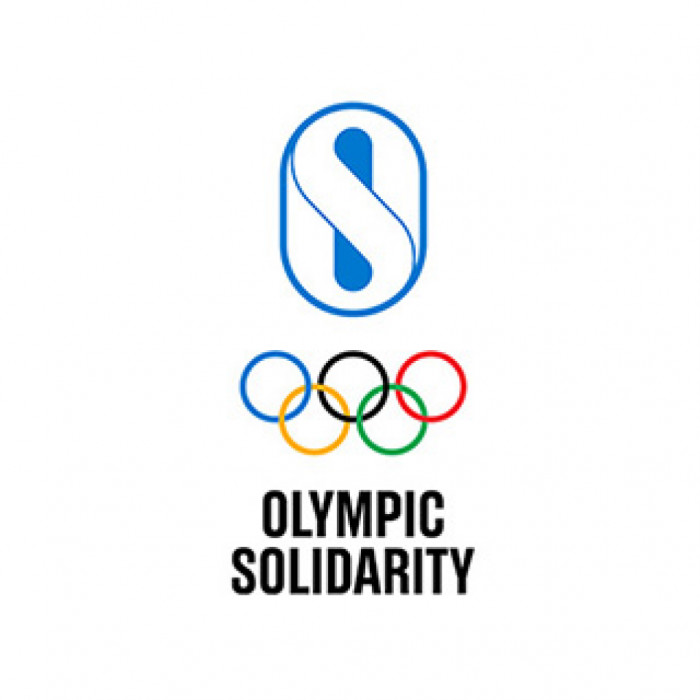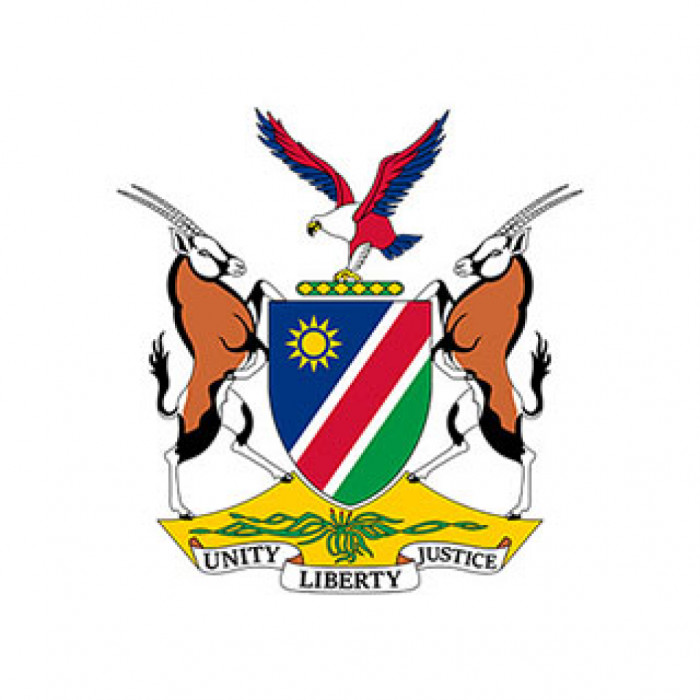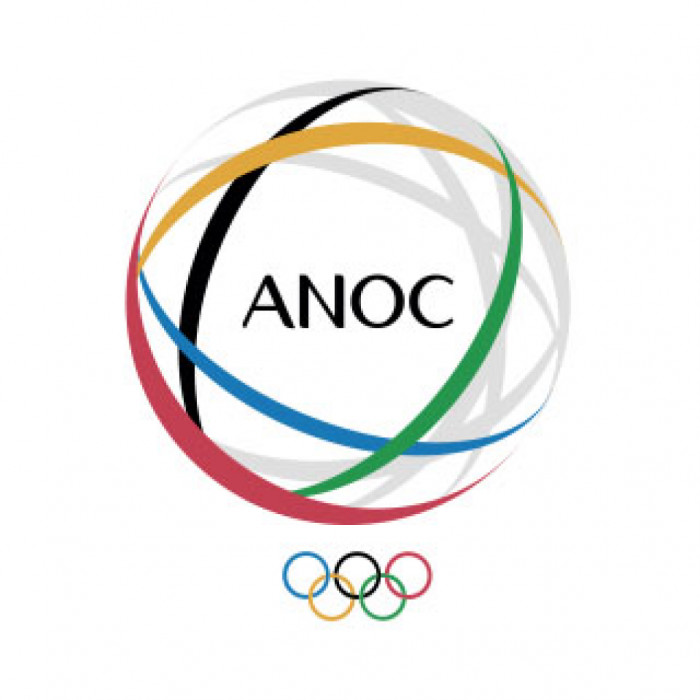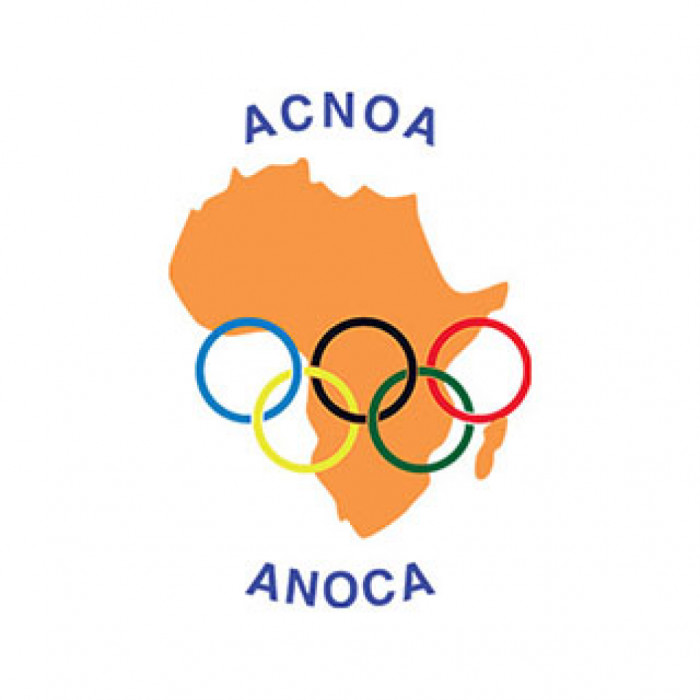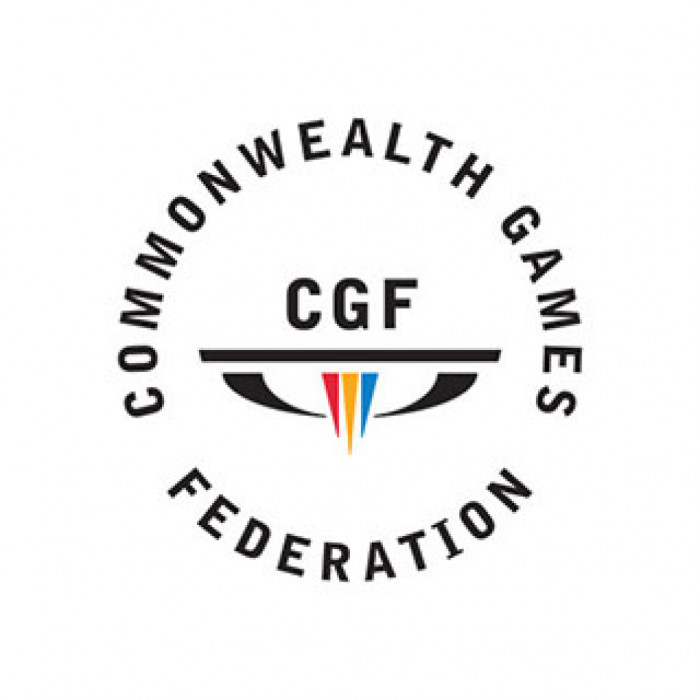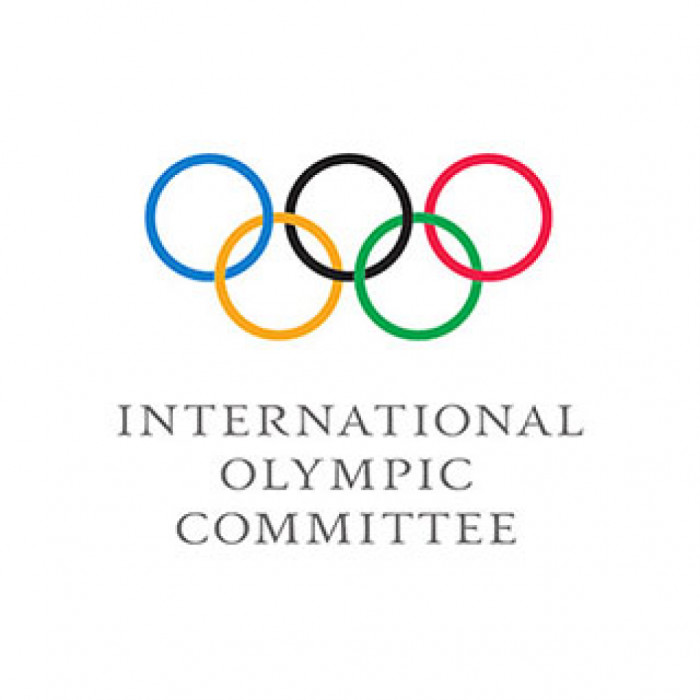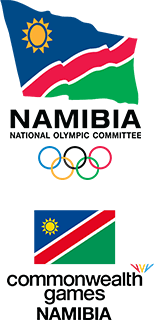Anti-Doping

The NNOC is committed to the protection of the integrity of sport and clean sport.
Doping can be harmful to an athlete's health, damages the integrity of sport, and is morally and ethically wrong.
Since we don't have a National Anti-Doping Organization (NADO) in Namibia, the NNOC is the interim NADO as per IOC directive. The interim NADO is registered as NAM-NOC which is the organization tasked with the responsibility of implementing the national anti-doping programme in the country, following the standards stipulated by the World Anti-Doping Agency (WADA). NAM-NOC's mission is to make sure that all National Federations comply with the NNOC Anti-Doping Rules which came into force on 1st January 2021.
Principles and values associated with clean sport
The principles and values associated with clean sport seek to maintain the integrity of sport in terms of respect for others, other competitors, fair competition, a level playing field and the value of clean sport to the world.
The importance of values within the context of anti-doping education is highlighted in the definition of education in the code. "Education is the process of learning to instill values and develop behaviours that foster and protect the spirit of sport and to prevent intentional and unintentional doping."
What is doping?
Doping is not just a positive test showing the presence of a prohibited substance in an athlete's urine sample. Doping is defined as the occurrence of one or more of the 11 Anti-Doping Rule Violations.
What does 'Strict Liability' mean?
The principle of strict liability applies to all athletes who compete in any sport with an anti-doping program. It means athletes are responsible for any prohibited substance, or its metabolites or markers found to be present in their urine and/or blood sample collected during doping control, regardless of whether the athlete intentionally or unintentionally used a prohibited substance or method. Therefore it is important to remember that it is each and every athlete's ultimate responsibility to know what enters their body.
The rule which provides that principle, under Code Article 2.1 and Article 2.2, states that it is not necessary that intent, fault, negligence, or knowing use of the athletes part be demonstrated by the Anti-Doping Organisation to establish an anti-doping rule violation.
Why is doping dangerous?
Doping can result in severe health consequences but also comes with sport, social, financial and legal consequences. For an athlete, doping could spell the end of their sporting career, reputation, and prospects both in and out of sport.
Sport Consequences:
The sanctions for an Anti-Doping Rule Violation (ADRV) can include: Provisional Suspension, Ineligibility, Disqualification of results, Public Disclosure, Fines.
Health Consequences
Physical health, Psychological health
Social Consequences:
Damage to reputation and image, which can be permanent with media attention, and future clean performances can be met with skepticism. Damage to future career prospects, Isolation from peer and sport, damaged relationships with friends and family, effects on emotional and psychological well-being, loss of standing, fame, respect and credibility.
Financial Consequences:
Fines that may have been included in the NNOC Anti-Doping rules including costs associated with an Anti-Doping Rule Violation (ADRV), loss of income and financial support, such as government funding or withdrawal of sponsors, or by not participating in competitions, requirements to reimburse sponsor or prize money, impact of damaged reputation on future career prospects.
Legal Consequences:
In addition to the sport, health, social and financial consequences listed above, doping can come with other legal consequences.
Have a look at Namibia's Anti-Doping Annual Statistics here:
The Prohibited List
The List of Prohibited Substances and Methods indicates what substances and methods are prohibited in sport and when.
Athletes' Anti-Doping Ombuds
The Athletes' Anti-Doping Ombuds, a free, neutral and confidential resource for athletes with questions or concerns about anti-doping issues.
Anti-Doping Education
Discover WADA's ADEL learning platform. Take the WADA play true quiz. Learn about the risks of supplement use.
Anti Doping Testing Procedure
The Anti-Doping testing procedure and sample collection process explained.
Anti-Doping Rule Violations
What happens when an Athlete misses an anti-doping test? It could lead to an anti-doping rule violation.
Namibia Anti Doping Rules
NNOC Anti-Doping Rules adopted and implemented in accordance with the NNOC's responsibilities under the Code and in furtherance of NNOC's continuing efforts to eradicate doping in sport in Namibia.
Athlete Support Personnel
Athletes Support Personnel's rights and responsibilities under the WADA Code.
